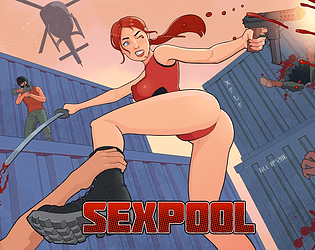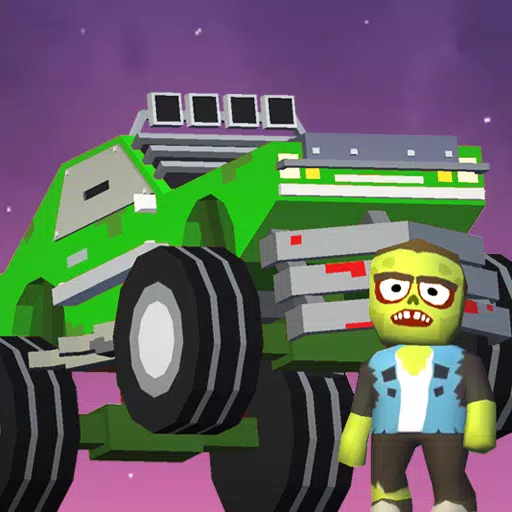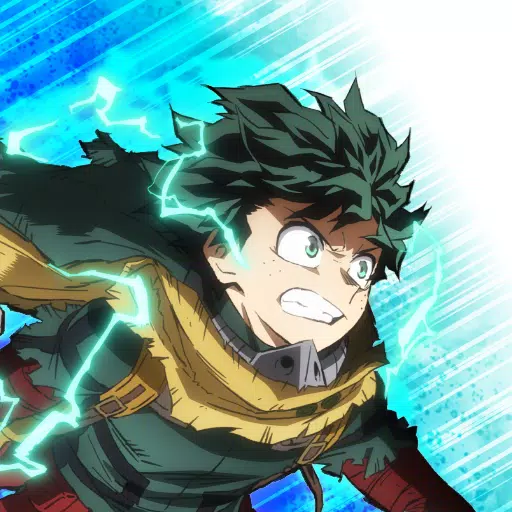
Ubisoft's decision to shut down The Crew has ignited a passionate movement among European gamers, leading to the launch of the "Stop Killing Games" petition. This initiative aims to safeguard digital purchases and prevent the closure of multiplayer games. Dive deeper into the petition and the ongoing battle to preserve access to digital content.
EU Gamers Rally to 'Stop Killing Games'
'Stop Killing Games' Petition Aims for One Million Signatures Within a Year
A burgeoning movement of European gamers is uniting to support a citizen’s initiative focused on protecting digital purchases. The "Stop Killing Games" petition is pushing for European Union legislation to stop game publishers from making games unplayable after ending their support.
Ross Scott, a key figure behind the campaign, remains optimistic about its potential success, noting that "the initiative aligns well with existing consumer policies." If passed, the law would apply solely within Europe. However, Scott hopes that a successful outcome in such a major market could inspire similar measures worldwide, whether through legal requirements or industry self-regulation.
Achieving legal status will be a formidable task. The campaign must successfully complete the "European Citizen’s Initiative" process, which demands one million signatures from diverse European countries to propose legislation. Only European citizens who have reached voting age in their respective countries can sign the petition.
Launched at the beginning of August, the petition has already collected 183,593 signatures. While there's still a significant distance to cover to meet the target, the campaign has an entire year to rally support.
Initiative Seeks to Hold Publishers Responsible for Server Shutdowns

The Crew, an online-only racing game launched in 2014, became a catalyst for this movement when Ubisoft suddenly ceased its online services in March of this year, effectively nullifying the investments of 12 million players.
The stark truth is that when servers for online-only games shut down, players lose countless hours of dedication. By mid-2024, games like SYNCED and NEXON’s Warhaven have already been slated for closure, leaving players without recourse for their purchases.
"It’s akin to planned obsolescence," Ross Scott remarked in a YouTube video. "Publishers are essentially destroying games they've sold to you while retaining your payment." He likened this to the era of silent films, where studios would "burn their films after screenings to salvage the silver content," resulting in the loss of most films from that period.
Scott's proposal is straightforward: developers and publishers should "maintain the game in a functional state at the time of shutdown." The initiative's proposed law would require "publishers selling or licensing video games in the European Union (including related features and assets) to ensure these games remain playable." The exact method for achieving this would be left to the publishers' discretion.
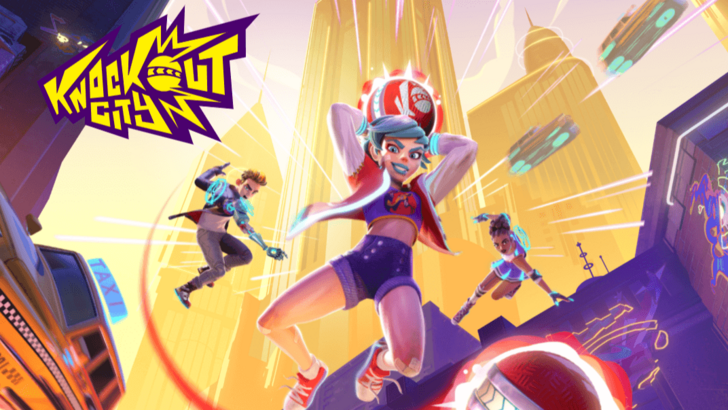
The initiative also aims to extend accountability to free-to-play games with microtransactions. Scott pointed out, "if you've bought a microtransaction as a product, and the game becomes unplayable, you've essentially lost your purchase."
There are precedents for this approach. For instance, Knockout City was discontinued in June 2023 but later re-released as a free-to-play standalone game with private server support, allowing all items and cosmetics to be accessed freely and enabling players to host their own servers.
However, the initiative does not mandate publishers to:
⚫︎ Relinquish intellectual property rights
⚫︎ Disclose source code
⚫︎ Provide endless support
⚫︎ Host servers
⚫︎ Assume liability for customer actions
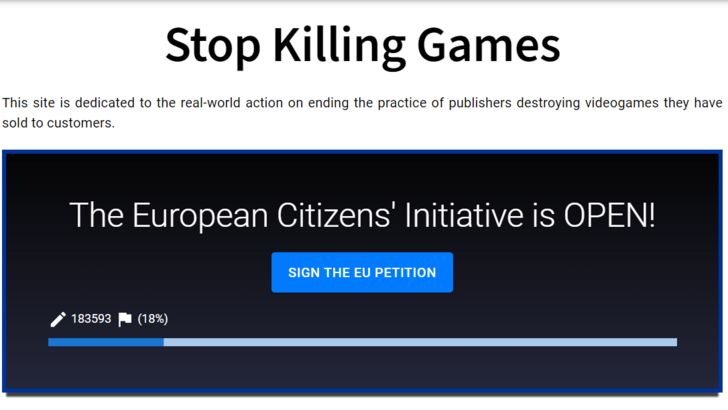
To support the campaign, visit the "Stop Killing Games" website and add your signature. Remember, you can only sign once, and any errors will invalidate your signature. The website offers country-specific guidance to help avoid mistakes.
Ross Scott highlighted in his video that even those outside Europe can contribute by spreading awareness of the initiative. The ultimate aim is to create "a ripple effect across the video game industry, preventing publishers from destroying more games."



